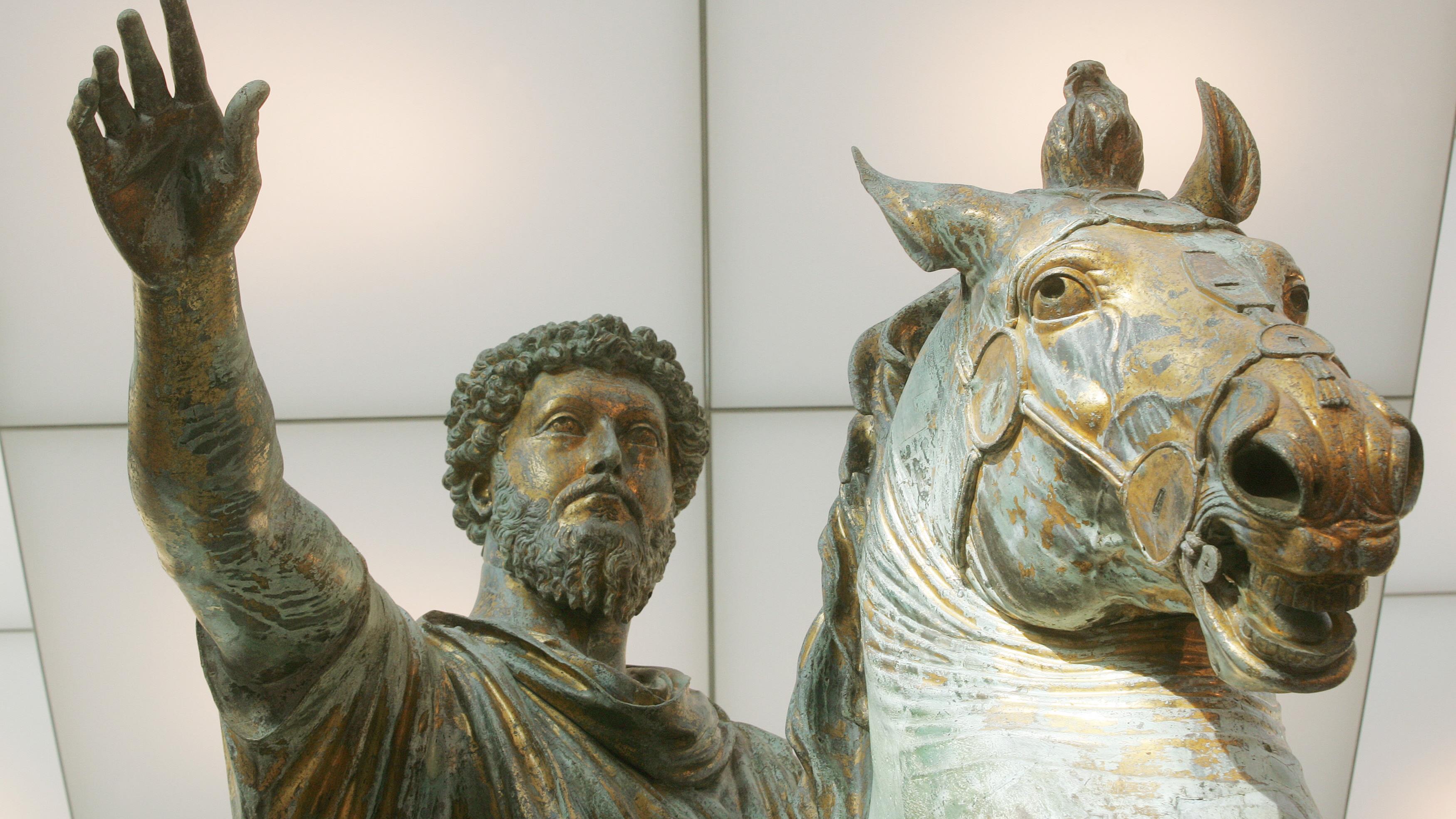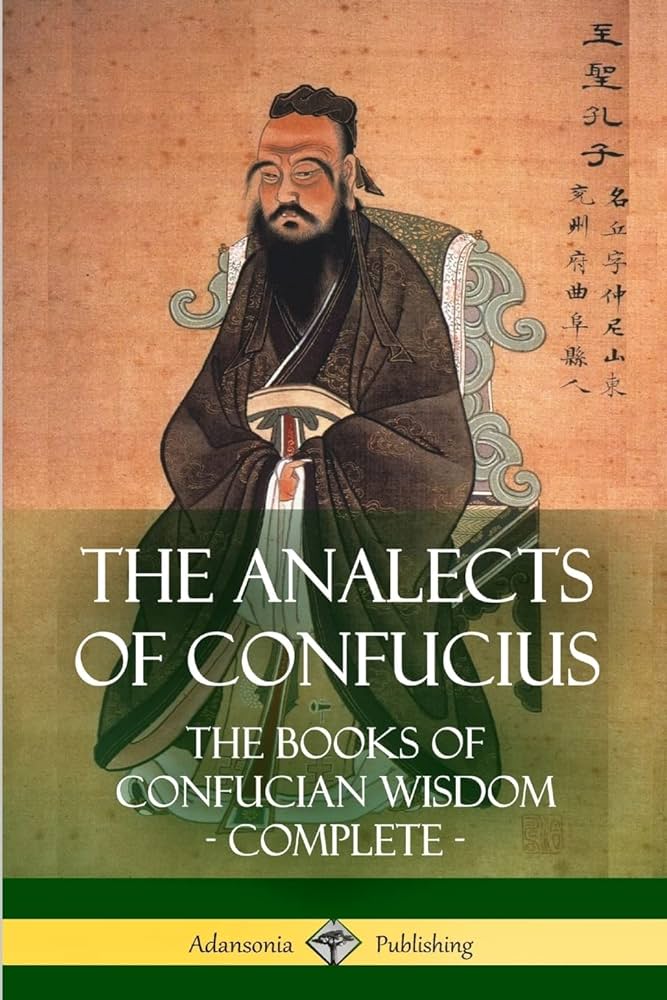
Stoicism : A Philosophy of Well-Being
Stoicism is an ancient philosophy that advocates virtue, rationality, and self-discipline as keys to well-being. As an emperor, Marcus Aurelius faced numerous trials, and 'Meditations' reflects his profound reflections on how to live a life in accordance with Stoic wisdom.
Lesson 1 : Self-Control
In his book, Marcus Aurelius emphasizes the importance of self-control. He reminds us that we cannot control external circumstances, but we have the power to control our reactions and thoughts. This wisdom helps us find inner serenity even in challenging moments.

Lesson 2 : Virtue as the Chief Aim
The philosopher emperor emphasizes the value of virtue. According to him, the ultimate purpose of life is to cultivate wisdom, justice, temperance, and courage. By following these values, we can approach eudaimonia*, a state of well-being and personal fulfillment.
Lesson 3 : The Impermanence of Life
Marcus Aurelius constantly reminds us of the impermanence of life. He emphasizes that everything that exists is ephemeral, including pleasures and pains. This awareness encourages us to live in the present moment and to appreciate each experience.

A Treasury of Wisdom
In conclusion, 'Meditations' by Marcus Aurelius is much more than a mere philosophy book. It is a timeless guide that reminds us of the essential values of Stoicism and encourages us to live a life of virtue, self-control, and wisdom. Marcus Aurelius's lessons remain relevant today, offering a beacon for those seeking serenity and fulfillment in an ever-changing world. This book is a treasure trove of wisdom to be discovered and pondered by anyone on a quest for meaning in life.





